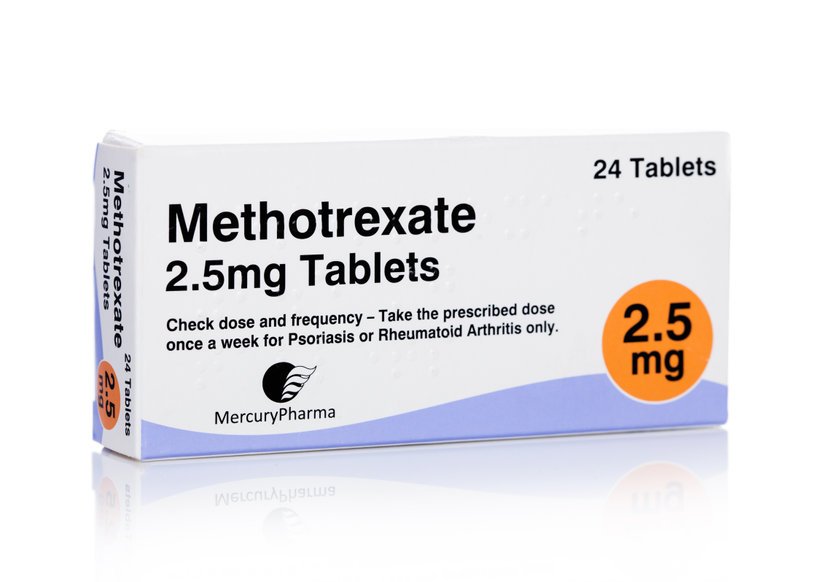What are the symptoms of psoriasis?
Psoriasis is a chronic skin condition with several distinctive symptoms:
- Red Patches of Skin: These patches are often covered with silvery scales and can appear on various parts of the body, including elbows, knees, scalp, and lower back.
- Itching and Burning: The affected areas can be itchy, sore, or feel burning.
- Dry, Cracked Skin: Skin in the affected areas may become dry and cracked, sometimes bleeding.
- Thickened or Pitted Nails: Psoriasis can cause changes in the nails, such as thickening, pitting, or discoloration.
- Swollen and Stiff Joints: In some cases, psoriasis can also affect the joints, leading to symptoms similar to arthritis.
These symptoms can vary in severity and may flare up intermittently.
What are the causes of psoriasis?
Psoriasis is a complex condition with multiple contributing factors:
- Genetics: A family history of psoriasis can increase the risk of developing the condition, indicating a genetic predisposition.
- Immune System Dysfunction: Psoriasis is an autoimmune disorder where the immune system mistakenly attacks healthy skin cells, leading to rapid skin cell turnover and the formation of plaques.
- Environmental Triggers: Certain environmental factors, such as infections (e.g., strep throat), skin injuries, or exposure to harsh weather conditions, can trigger or exacerbate psoriasis.
- Stress: Emotional stress is known to trigger flare-ups or worsen existing psoriasis.
- Medications: Some medications, such as lithium or certain anti-malarials, can trigger or worsen psoriasis.
- Lifestyle Factors: Smoking and excessive alcohol consumption can contribute to the development or worsening of psoriasis.
- Hormonal Changes: Hormonal changes, such as those experienced during puberty or pregnancy, can also affect psoriasis.
These factors can interact in complex ways, and the precise cause of psoriasis may vary from person to person.
How is the diagnosis of psoriasis made?
Diagnosing psoriasis typically involves several steps:
- Medical History and Physical Examination: A healthcare provider will start by reviewing the patient’s medical history and conducting a physical examination. They will look for common signs of psoriasis, such as red, scaly patches on the skin, particularly on areas like the scalp, elbows, and knees.
- Skin Biopsy: In some cases, a skin biopsy may be performed to confirm the diagnosis. This involves taking a small sample of skin from the affected area and examining it under a microscope to check for characteristic changes associated with psoriasis.
- Laboratory Tests: While there are no specific laboratory tests for psoriasis, blood tests may be conducted to rule out other conditions with similar symptoms or to check for signs of associated health issues.
- Assessment of Symptoms and Family History: The provider will assess the severity of the symptoms and inquire about any family history of psoriasis or other autoimmune conditions.
The diagnosis is usually made based on clinical presentation and history, with skin biopsy used to confirm the diagnosis if necessary.
What is the treatment for psoriasis?
The treatment for psoriasis aims to manage symptoms, reduce inflammation, and improve quality of life. The approach often includes a combination of therapies:
- Topical Treatments: These are applied directly to the skin and are commonly used to manage mild to moderate psoriasis. Examples include corticosteroids, vitamin D analogues (such as calcipotriene), tar preparations, and topical retinoids.
- Phototherapy: This involves exposing the skin to ultraviolet (UV) light under medical supervision. It can be effective for moderate to severe psoriasis. Options include UVB light therapy and PUVA (psoralen plus UVA) therapy.
- Systemic Medications: These are taken orally or injected and are used for more severe cases or when topical treatments are not effective. Systemic treatments include methotrexate, cyclosporine, and oral retinoids like acitretin.
- Biologic Agents: These are newer, targeted medications administered by injection or infusion. They work by targeting specific parts of the immune system involved in psoriasis. Examples include TNF-alpha inhibitors (like etanercept and infliximab), IL-12/23 inhibitors (such as ustekinumab), and IL-17 inhibitors (such as secukinumab).
- Lifestyle and Home Remedies: Managing triggers such as stress, infections, or injuries can help control flare-ups. Maintaining a healthy lifestyle, including moisturizing regularly and avoiding known irritants, can also be beneficial.
Treatment plans are often personalized based on the severity of the condition, the patient’s overall health, and their response to different therapies.

Leave a Reply
You must be logged in to post a comment.